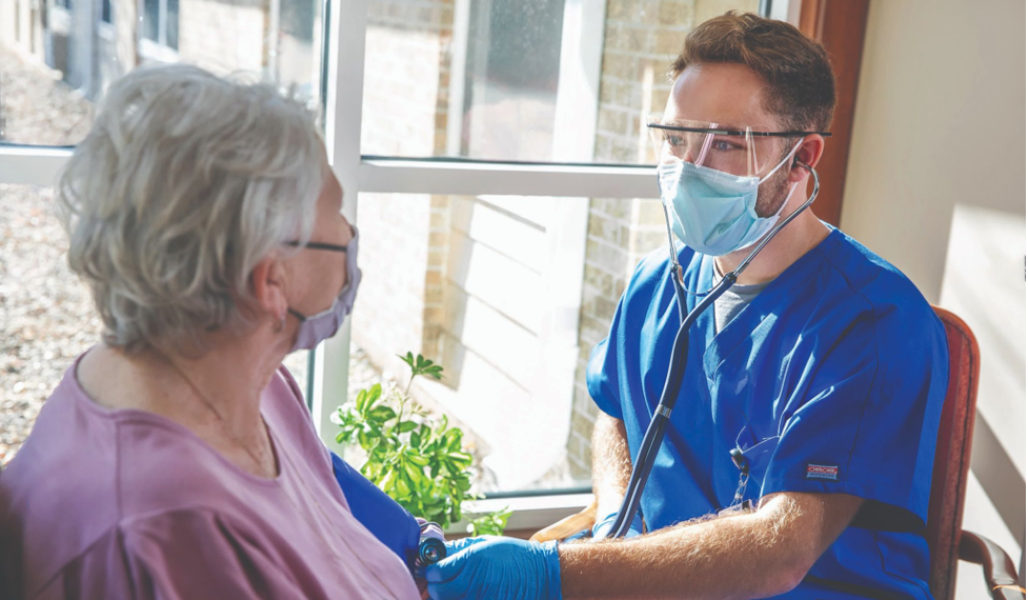
The Heartland Telehealth Resource Center received a request for technical assistance from Shelley Cooper, an individual who has a start-up mHealth company. She has received interest from urban FQHCs about using her product as they work to improve their UDS quality measures and other information about FQHCs and federal and state billing rules and policies that impact the adoption of her software solution. We previously met with Dr. Cooper when she was beginning development of her software to provide technical assistance and this was a follow-up meeting. We discussed public resources, including where to find the UDS manual and FQHC UDS data that would be useful for her work adapting the tool to meet FQHC needs.
Dr. Cooper participates in a foundation-funded initiative in the Kansas City metropolitan area focused on making Kansas City a hub for digital health-related technology and initiatives. HTRC participates in the monthly meetings of this collaborative effort and often presents on its activities or areas of interest for participants in the field of telehealth and mHealth. She reached out to the HTRC early on in the development of her startup software for technical assistance. She recently received two national awards for her technology, and we held a follow-up meeting to discuss her accomplishments and the further development of her software since our last discussion a year ago when the need for additional technical assistance particularly to FQHCs was identified.
We followed up with Dr. Cooper after she had met with the two FQHCs in Kansas City adopting her technology. We also identified her story as a woman and a person of color in the IT/Software field as particularly interest to the HTRC audience, so developed a Telehealth Beat newsletter story and interviewed her for our Telehealth Unmuted podcast episode #4 to discuss her experience and her move from working in a large health system to moving into entrepreneurship.
While TRCs work specifically in the field of telehealth, mHealth including software and other approaches to meeting health care needs are an important area of development. In addition, solutions that work to improve access and the delivery of care for organizations like FQHCs that serve underserved populations is an important area that may not receive sufficient interest from for-profit and other companies developing software and other telehealth and mHealth solutions. HTRC is proud of its work supporting an entrepreneur who has worked throughout her career with underserved populations and is focused on developing tools to assist in increasing access to care and improving health outcomes and quality on important chronic care and preventive measures.
